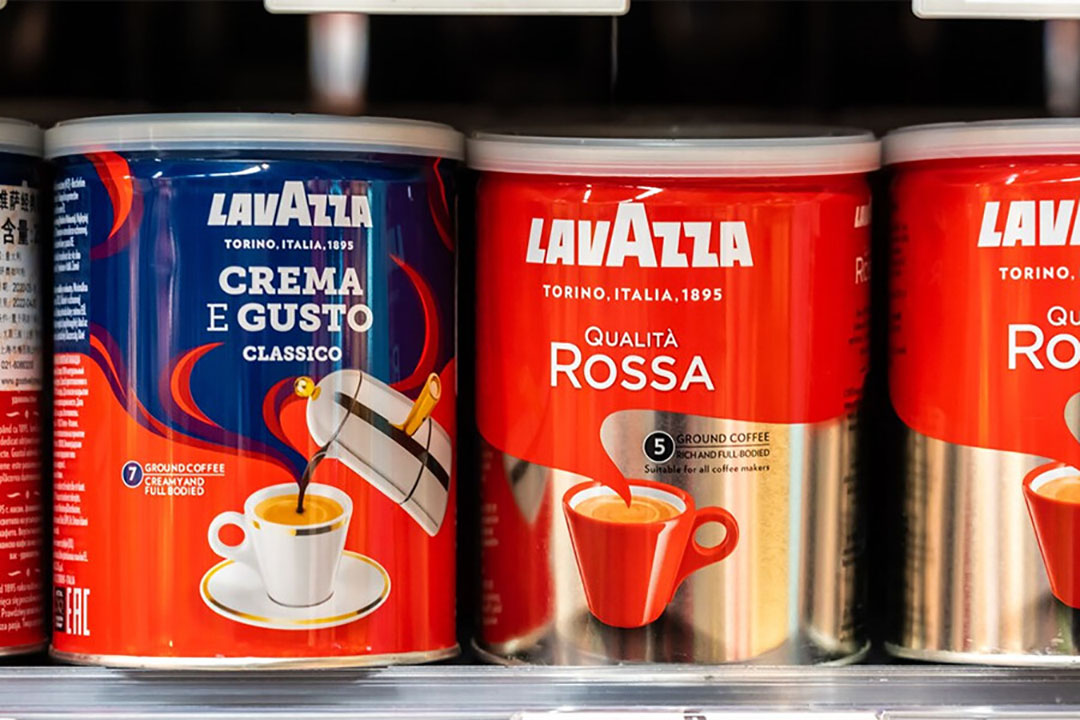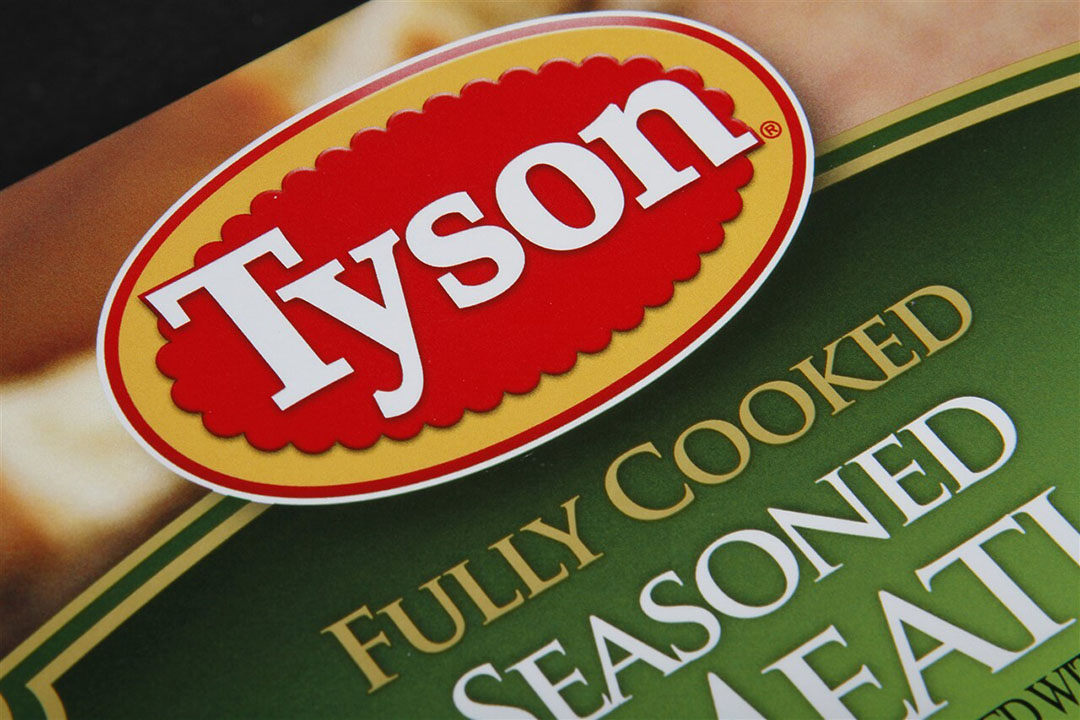History will be made in Ahoy Rotterdam today. Shell’s general meeting of shareholders is expected to provide the green light for the company’s plans to fully establish itself in the UK.
Therefore, the headquarters was moved from The Hague to London. The predicate ‘Royal Dutch’ has also disappeared from the company’s name, 130 years after the ratification of the deed of incorporation ‘De Koninklijke’ at Spui in Amsterdam.
For now, only a handful of jobs will be lost. But sentiment associated with the move is high and that’s understandable, says investigative journalist and historian Marcel Metze. His book about Shell, or rather: his company’s ‘political biography’, will be published next year. “Shell has developed into a major political player over the last 130 years. Oil is politics, and that fascinates me a lot.”
Ties with dubious regimes
news hour have agreed with Metze in the Amsterdam cinema. Fragments of history pass on canvas: the first oil drilling in Sumatra, the controversial oil project in Nigeria, the 1973 oil crisis. The early 1970s were pivotal, says Metze. “After the oil crisis, dictatorial regimes in the Middle East took over more oil production, changing the role of oil companies. They own oil, but become operator and must joint ventures with all kinds of regimes. The ties between oil companies and these dubious regimes are getting closer and oil is becoming more political.”
Oil became more political and Shell fished in murky waters. That’s what happened from the start, says Metze. “In many countries Shell cannot properly drill for oil without the help of the army. In their early years they operated in politically unstable areas not far from Aceh, where military force was soon used to fight the so-called rebels. This also happened because the shell was early.”
In the 1979 television program Markant, former Shell CEO Gerrit Wagner (1971-1977) was asked the question: when did you decide to stop doing business with a regime that, for example, violates human rights? “There may be situations where you have to say: I can no longer work in this place, this is outrageous. But multinational companies are not gentlemen. I have never been more than an exponent, a representative of many interests.”
Metze also spoke to Wagner, many years later. The former CEO explained frankly to reporters what the rule of thumb was. “He said before you do anything that could go wrong, ask yourself: if this gets out, can I just get away with it? And that’s just how Shell operates. They push boundaries and get a lot of hands dirty. Every time if ethical considerations have to be made but there are also business interests, Shell gives last priority. I think that still applies.”
‘The shell knows the shortcut’
The shareholder meeting must therefore give the green light for the move on Friday. A historic moment, and Metze will be there. He stressed that his book is not a list of offenses that Shell is directly or indirectly involved in.
Shell is also admirable, Metze said, if only for the unprecedented political agility the company has shown since its inception. “They know shortcuts through swamps, in exotic places but also in the Netherlands. Not only Shell’s diplomatic skills, but Shell’s lobbying skills too, which is great. They always know exactly which letter to write to whom and at what time . with what goals to move forward. Over the years they have proven to be much smarter, more agile than the Dutch government, which they often completely defeated.”
How will the 130 years of Royal Dutch Shell be looked back on? Metze: “You can compare Shell to the VOC, and I think historians will write about it that way later. With all the negative connotations that come with it, but also with the positives: of great importance to the Netherlands. Shell has managed to open a door that will soon remain closed.”

“Certified introvert. Devoted internet fanatic. Subtly charming troublemaker. Thinker.”







